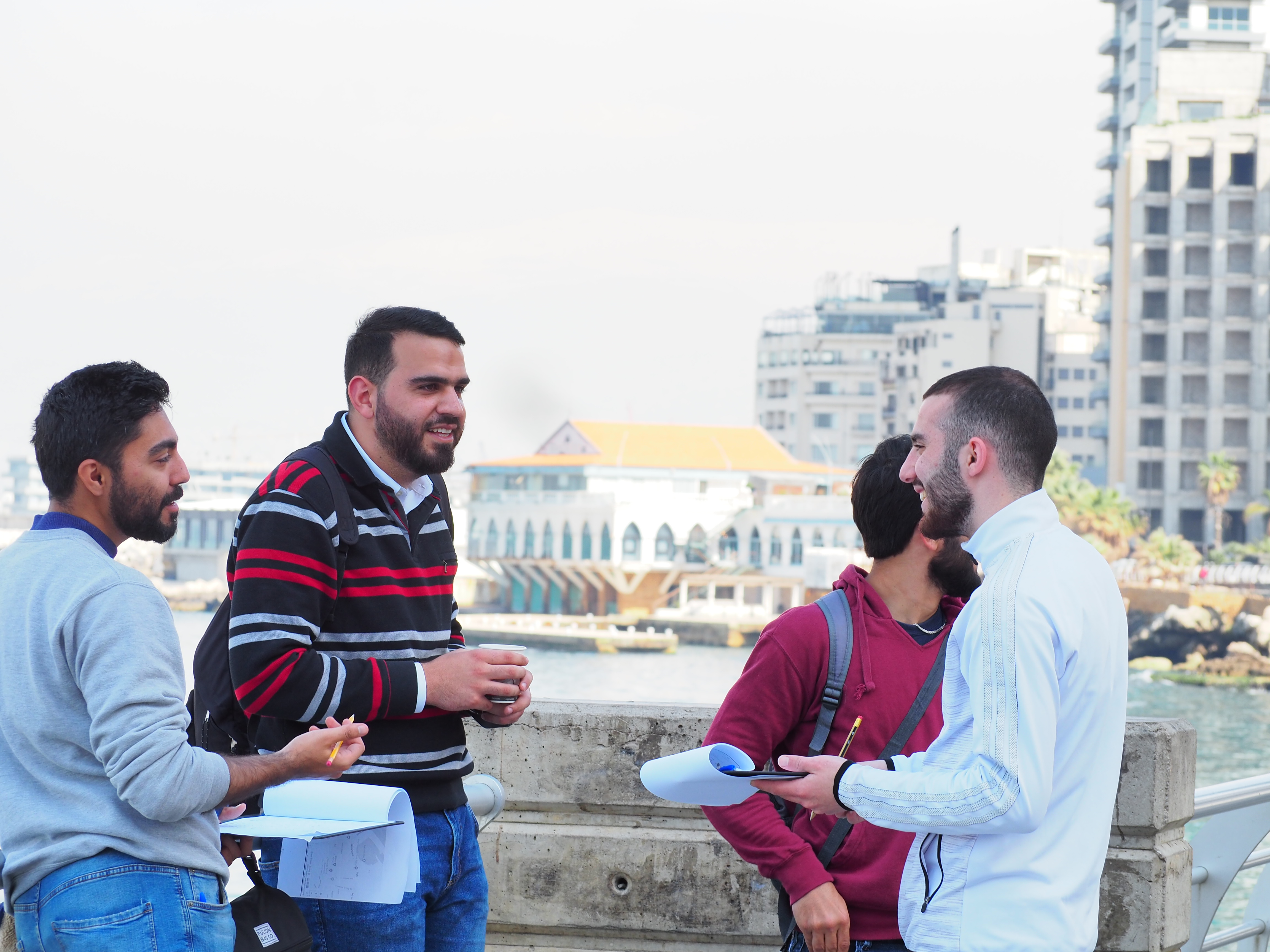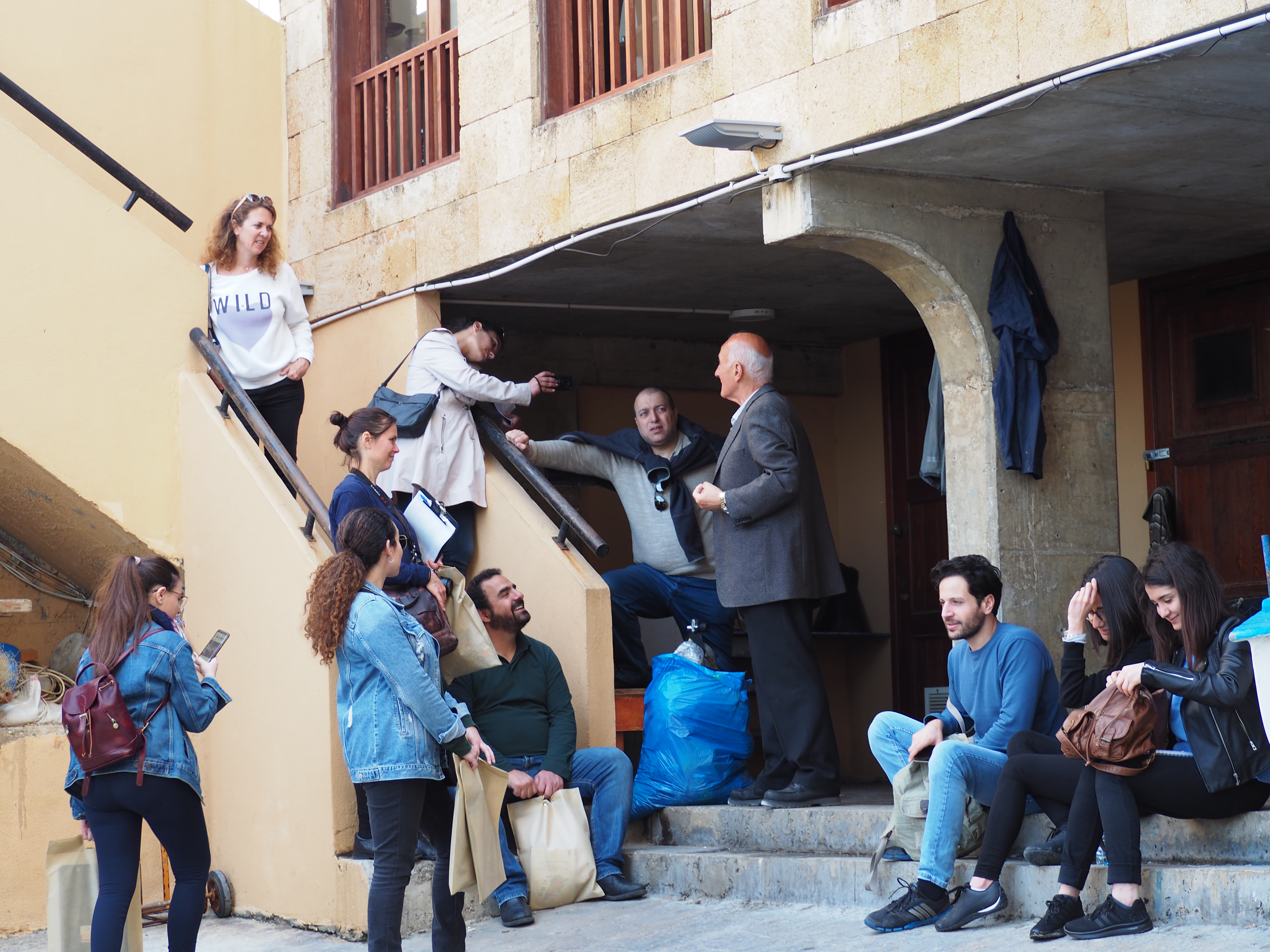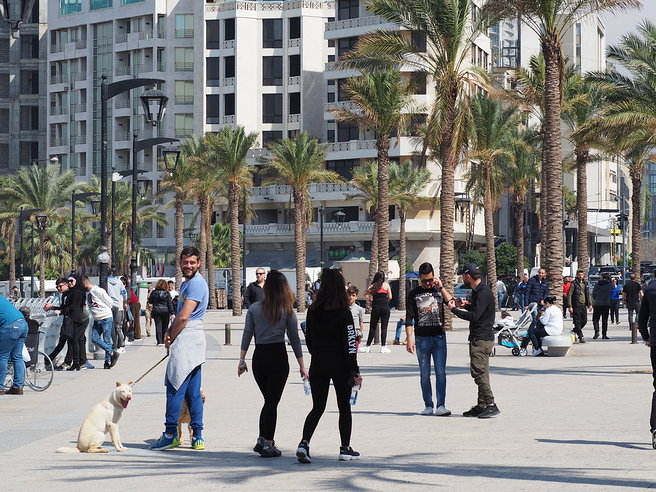In Dutch cities, there is an increased developmental and legal need to develop integrative spatial visions for certain areas that are based on the input of various stakeholders. An example is the city of Rotterdam. The number of people residing in Rotterdam is growing quickly, which results in a housing shortage. Therefore, the city is developing new housing projects in partnership with developers among others, while it has to deal at the same time with contemporary challenges and opportunities related to energy transition, (un)employment, economic reform, changing mobility patterns, etc. In order to address such issues, analyse them and prepare a (spatial) vision on how to deal with the challenges and opportunities in multi-stakeholder arrangements, it is essential that there is a basic shared knowledge base among those stakeholders. However, in reality, this is often missing.
Therefore, the Veldacademie and IHS (Institute for Housing and Urban Development Studies) partnered and are developing a course with and for the municipality of Rotterdam that consist of 3 modules of 2 days each. Module 1 focuses on analysing key issues spatially, module 2 on developing a shared vision and project intervention ideas and module 3 on prioritising and linking ideas together into a strategy.
IHS, Erasmus University Rotterdam (EUR) are developping and implementing in partnership with NAHNOO a 'Training of Trainers' (ToT) programme togehter with Veldacademie and the Lebanese Notre Dame University- Louaize (NDU), with input from the Veldacademie.
More information about this topic.


Fieldwork. Students interviewing inhabitants, users and passers-by in investigation area Corniche, Seaside Promenade, Beirut Central District, March 2019
